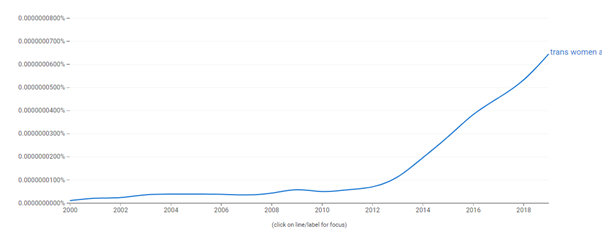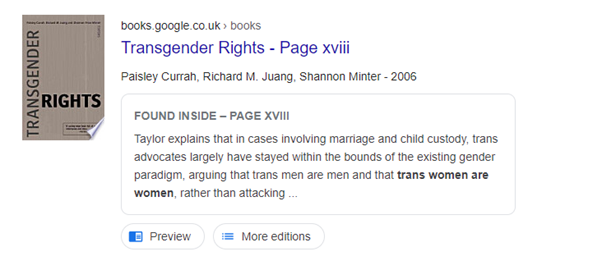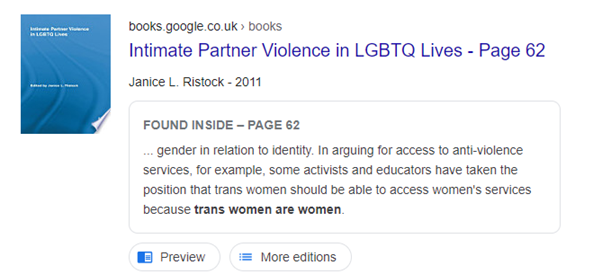
Letter in the Times today from quantitative social scientists. "We are on the brink of losing robust, high quality data on sex in the UK. Once gone, we may never get it back". 

Story in the Times by @mikewadejourno "Plans to ignore biological sex when collecting census data in favour of self-defined gender threaten to undermine robust statistics in a move that is creating “deep-seated alarm” among leading academics." thetimes.co.uk/article/plan-t…
Longer version of our letter: "It is our strong view that the burden of proof remains with the respective Chief Statisticians to articulate why data on biological sex is no longer salient." ukdataexperts.files.wordpress.com/2021/02/open-l…
Call to action: the deadline to respond to Halliday's consultation is tomorrow. No format is specified. Email responses to statistics.enquiries@gov.scot gov.scot/groups/sex-and…
• • •
Missing some Tweet in this thread? You can try to
force a refresh





